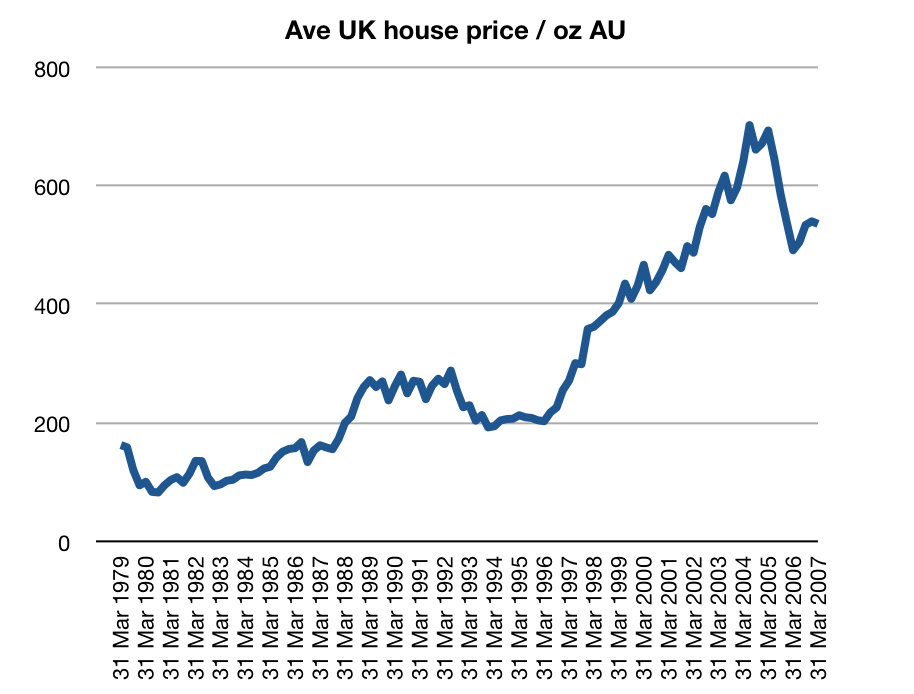Re: Inflation versus deflation debate for Red Pill consumers
I'll echo Lukester.
But what we REALLY want to know is what chart correlation is Charles looking at right now that he hasn't told us about yet...
Originally posted by Lukester
View Post
But what we REALLY want to know is what chart correlation is Charles looking at right now that he hasn't told us about yet...





Comment